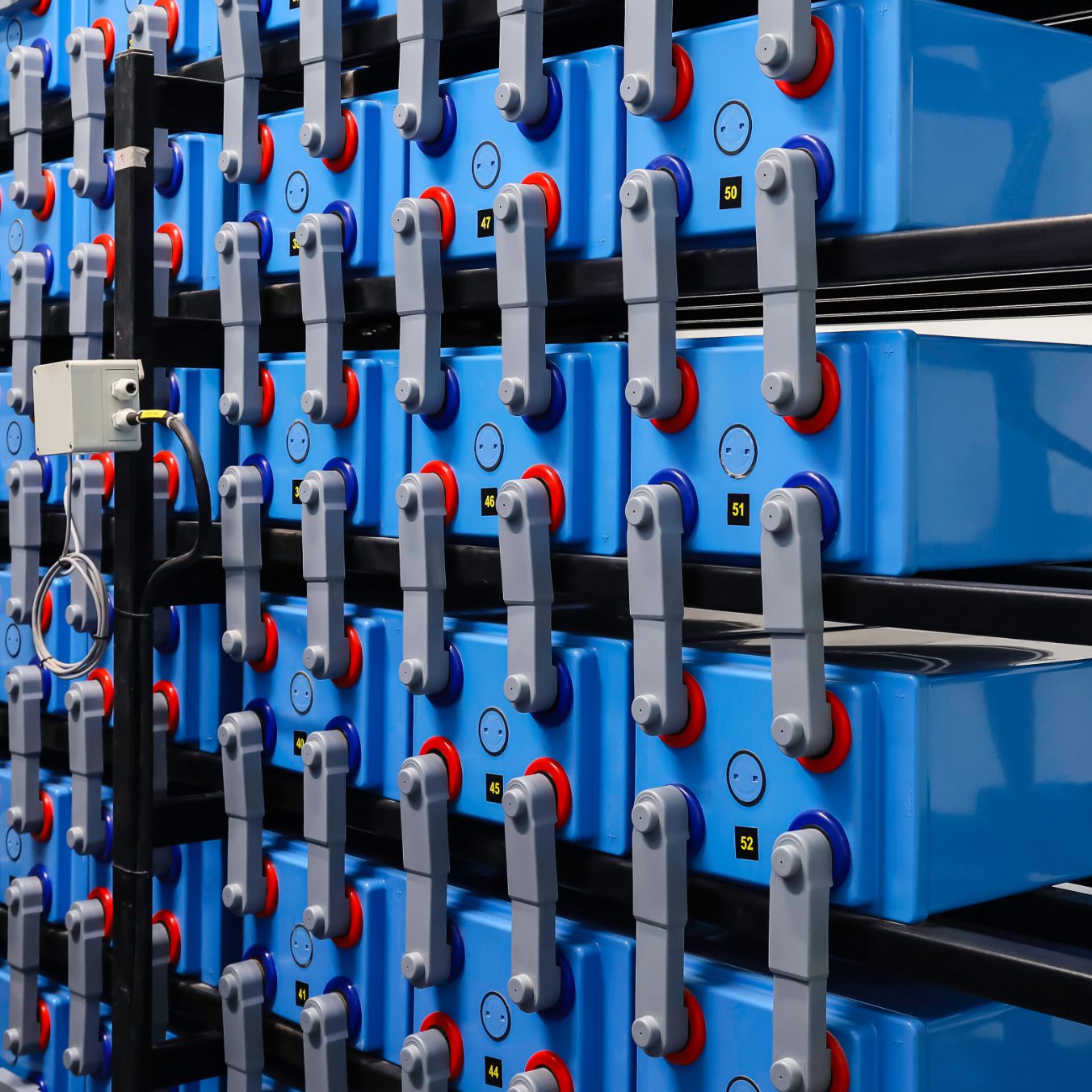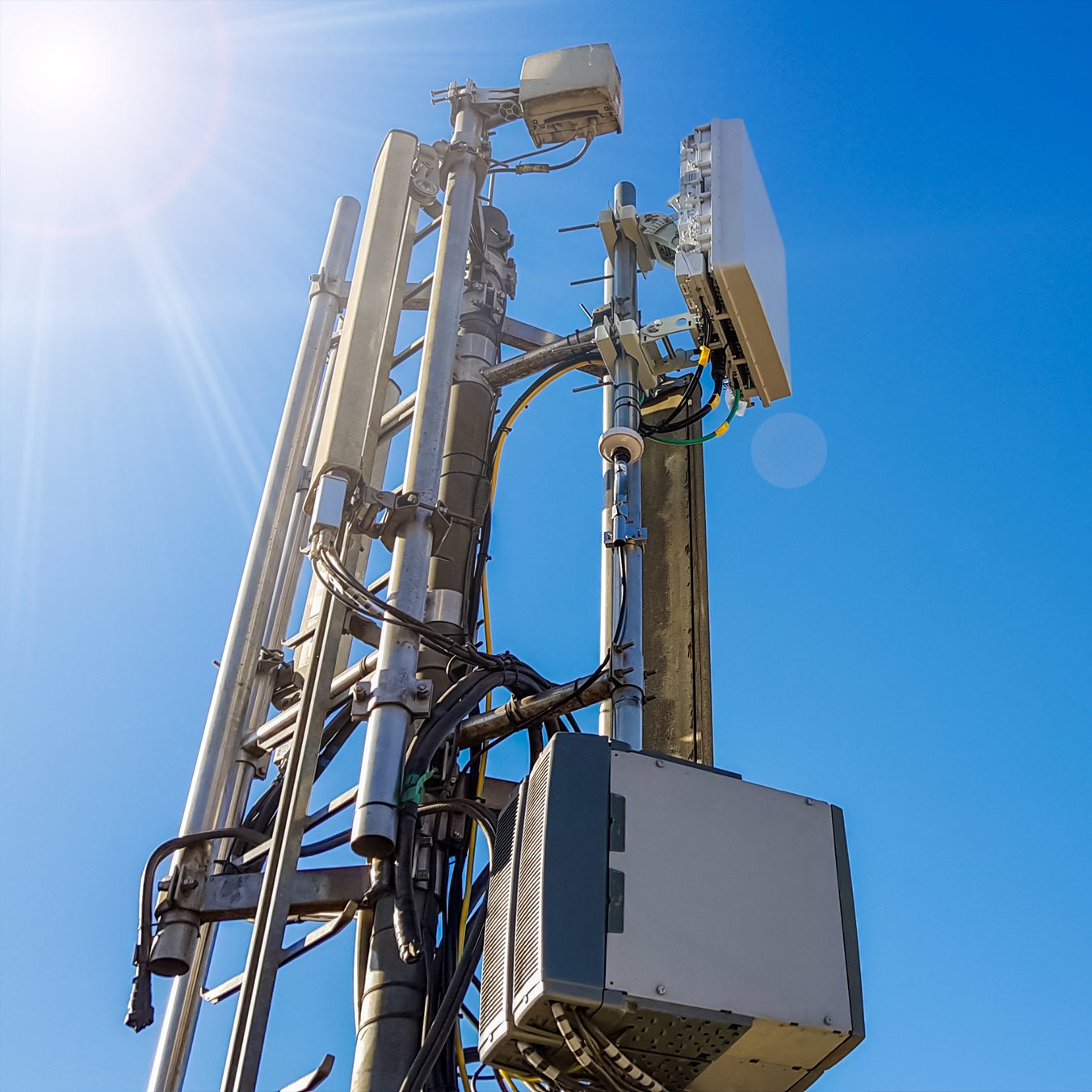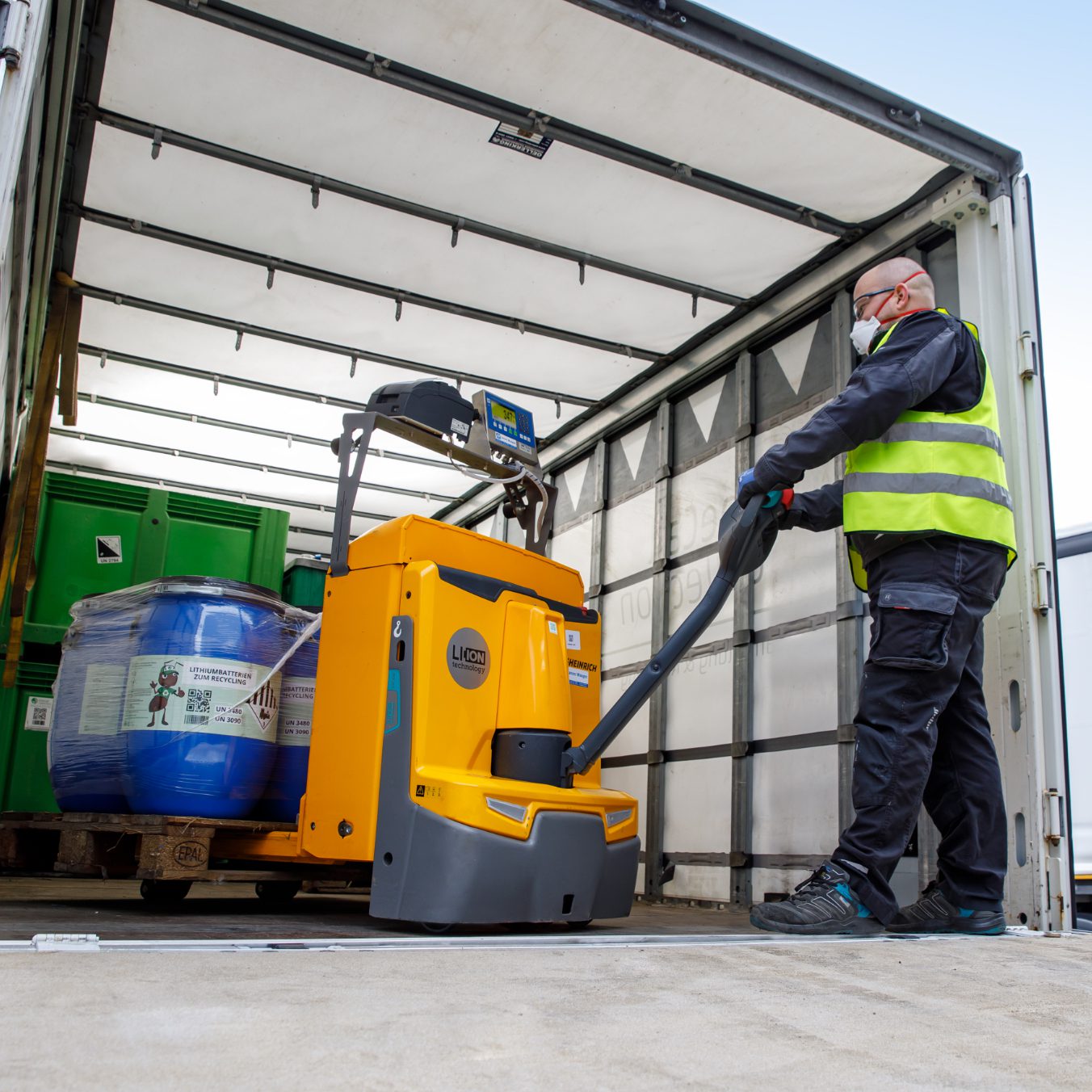
Lead for the Future
Lead for the long-term.
The lead industry of today is very different than it was in the past. Industry regulations are tight, promoting an intense focus on recycling and protecting resources. In fact, lead is one of the most heavily regulated industries in the world. Ecobat works hand-in-hand with the regulatory community to develop permits that are protective of the environment and the communities where we operate. It’s important that lead remain a viable and sustainable resource as we head into the future. Let’s talk about several reasons why.

Energy is in demand everywhere.
Rising incomes, urbanization, increased access to electricity, and an increased need for telecommunications are creating extreme energy demands. Lead is a key component in energy storage with lead batteries helping to provide a safe, reliable, and sustainable solution. This is important because every energy resource available will be necessary to meet this growing global demand. Currently, the US lead battery industry makes a $26.3B economic impact annually—and it’s likely to increase.
In the next two decades, global electricity generation is expected to rise by 50% with solar and wind power contributing more than half of this. Effective energy storage helps keep these renewable forms of energy consistent, reliable and on-tap. In addition, battery storage offers flexibility to power plants and grids that must generate electricity around the clock.

Lead enables technology.
Nearly every high-tech industry relies on lead both in their current supply chain and as they pursue further technological developments and innovations. From telecommunications to transportation to alternative energy, lead enables many of the advancements that move society forward.
Let’s consider cars as an example. Lead batteries are essential to the innovative start-stop system that’s effective at reducing both fuel-consumption and emissions. These systems place greater demands on auto electrics, requiring a battery that can support repeated engine restarts and an increased number of charging cycles. Lead batteries are a reliable, cost-effective solution, yielding fuel savings and delivering up to 8% CO2 savings.
Modern cars also feature a range of electronic features like satellite navigation and safety systems that require continuous power to function. Lead batteries are the only technology that can provide all the necessary performance requirements. In full electric vehicles, lead batteries support airbags, emergency systems, anti-lock brakes, and battery management systems. Overall, they improve efficiency, reduce cost, and provide backup power.
Speaking of backup power, it’s critical to more than just hybrid and electric vehicles. Lead batteries are also a backup source for the power grid, hospitals, and critical infrastructure.

Renewable solutions include lead.
Lithium has a role in the development of clean energy, particularly as a power source for electric vehicles, and Ecobat is helping to support this with the safe and compliant collection, storage, dismantling, and recycling of any kind of lithium-ion and lithium-metal batteries. Lead batteries also serve as backup for solar and wind power, and lead is used in the creation of wind turbines.


